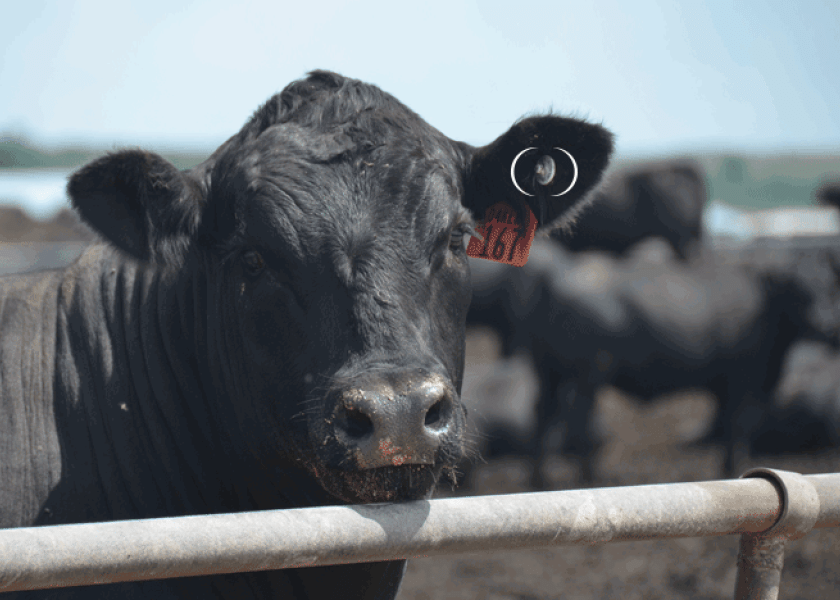USDA Abruptly Halts Animal ID Plan

USDA’s Animal Plant Health Inspection Service (APHIS) announced Friday (Oct. 25) it has suspended its plan to phase-in the use of electronic ID (RFID) tags for cattle and bison.
APHIS said in a statement the policy shift was in response to executive orders from President Trump that have highlighted the need for transparency and communication of issues “before placing any new requirements on American farmers and ranchers.”
In April APHIS announced its plan for Animal Disease Traceability with a factsheet posted to its web site. The factsheet detailed USDA’s plan to transition to radio frequency identification (RFID) tags from metal ear tags for cattle and bison. At the time, USDA said it would stop providing free metal tags, though approved vendors would still be permitted to produce official metal tags for one year. On Jan. 1, 2021, USDA would end approval of vendor production of metal ear tags with the USDA shield.
The animal disease traceability (ADT) plan set January 1, 2023, as the date all animals that move interstate and fall into specific categories would need official, individual RFID tags. The plan specifically omitted feeder cattle.
In its statement withdrawing those regulations, APHIS said it has “listened to the industry’s feedback.”
One of the loudest voices against RFID was heard earlier this month when R-CALF USA filed a lawsuit in federal district court in Casper, WY, seeking to halt the plan. Joining the suit were the New Civil Liberties Alliance and rancher plaintiffs Kenny and Roxie Fox of Belvidere, SD, and Tracy and Donna Hunt of Newcastle, WY. The suit alleged the proposed requirements were in opposition to USDA’s own policy that had previously allowed the use of a number of different kinds of identification including metal tags.
In its statement Friday, APHIS said the factsheet was removed because it “is no longer representative of current agency policy.”
Despite the executive orders whitdrawing the ADT plan, APHIS acknowledged the continuing need for a national animal ID plan.
“While the need to advance a robust joint Federal-State-Industry Animal Disease Traceability (ADT) capability remains an important USDA-APHIS objective, we will take the time to reconsider the path forward and then make a new proposal, with ample opportunity for all stakeholders to comment,” the APHIS statement said. “We continue to believe that RFID devices will provide the cattle industry with the best protection against the rapid spread of animal diseases, as well as meet the growing expectations of
APHIS said USDA’s goals to enhance ADT have not changed, and the agency aid to:
- Encourage the use of electronic identification for animals that move interstate under the current ADT regulation;
- Enhance electronic sharing of basic animal disease traceability data;
- Enhance the ability to track animals from birth to slaughter; and
- Increase the use of electronic health certificates
Related stories:
R-CALF Suit Seeks To Stop Mandatory RFID







